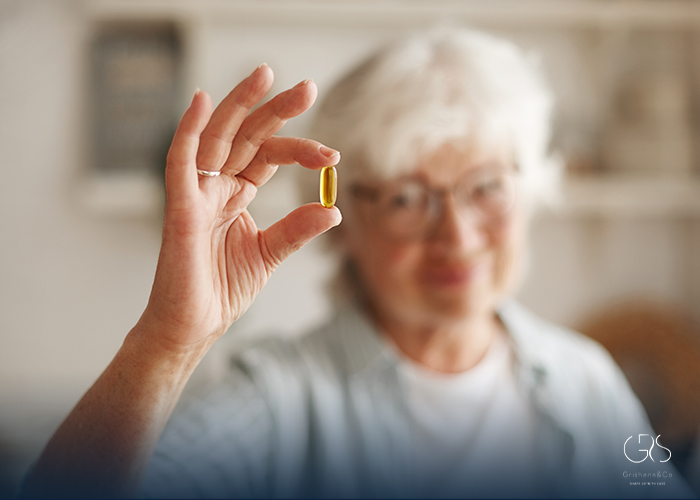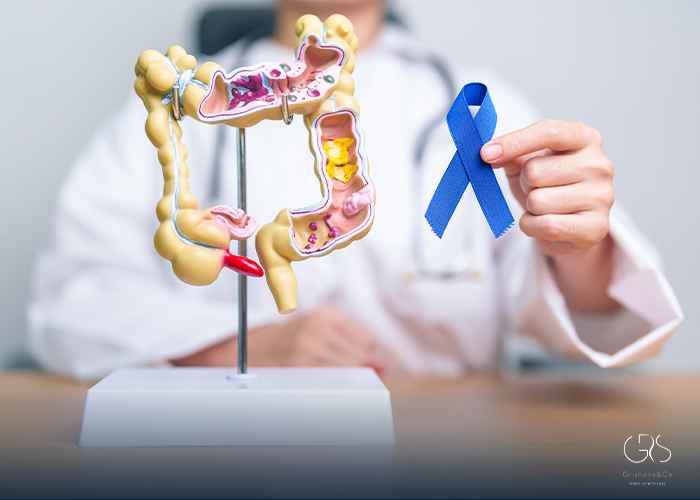Cholesterol and vitamin D are both essential to human physiology—but their relationship is complex. On one hand, cholesterol (specifically 7-dehydrocholesterol) is a precursor in skin synthesis of vitamin D under ultraviolet B (UVB) radiation. On the other hand, many observational studies report correlations between serum vitamin D levels and lipid (cholesterol) profiles. The question remains: does vitamin D affect your cholesterol levels in a clinically meaningful way? In this article, we explore the mechanistic rationale, the evidence from human studies (observational and interventional), limitations, and practical implications.
Background: Vitamin D Metabolism and Cholesterol
Vitamin D synthesis and metabolism
Vitamin D is a fat-soluble secosteroid. In skin, 7-dehydrocholesterol is converted to previtamin D₃ under UVB exposure and then to vitamin D₃ (cholecalciferol). Dietary sources (and supplements) include vitamin D₂ (ergocalciferol) or D₃. Both forms are metabolized in the liver to 25-hydroxyvitamin D, the major circulating form, and further hydroxylated in the kidneys to the active form 1,25-dihydroxyvitamin D (calcitriol).
Cholesterol plays multiple roles in membranes, steroid hormone synthesis, and bile acids. Because the skin precursor of vitamin D is cholesterol-derived, there is an intrinsic chemical link, and thus an a priori possibility that vitamin D status might influence lipid metabolism.
(To learn more about Vitamin D benefits please refer to this article)

Why we might expect an effect
There are several plausible mechanistic pathways by which vitamin D could influence lipid metabolism:
- Vitamin D receptor (VDR) in tissues
Activation of VDR can influence gene transcription of enzymes relevant to lipid metabolism. - Modulation of inflammation and insulin sensitivity
Since inflammation and insulin resistance are tied to dyslipidemia, vitamin D might indirectly affect cholesterol levels. - Parathyroid hormone and calcium regulation
Vitamin D affects PTH and calcium homeostasis, both of which may influence lipid metabolism. - Effects on hepatic lipid handling
Vitamin D might influence hepatic synthesis and clearance of lipoprotein particles.
Thus, the hypothesis that vitamin D affect your cholesterol levels is biologically plausible.
Observational Evidence
Common findings
- Higher 25(OH)D is often associated with lower LDL, lower triglycerides, and higher HDL.
- Large epidemiological studies report modest inverse correlations between vitamin D and LDL cholesterol.
- Reviews note that while associations are consistent, they are often modest.
- Some cohort studies link low vitamin D with higher cardiovascular risk.
Limitations
- Confounding factors (diet, lifestyle, sun exposure).
- Reverse causality (ill health lowering vitamin D).
- Variability between populations.
- Measurement issues in defining vitamin D deficiency.
Thus, observational studies support association but not causation.

Interventional Trials: Supplementation Studies
Evidence from RCTs
- Early trials showed no consistent effect of vitamin D supplementation on cholesterol.
- Umbrella meta-analyses suggest small improvements in lipid profiles, especially in certain groups.
- Trials in obesity/metabolic syndrome show mixed results—HDL may increase in some, LDL may increase in others.
- In overweight or obese women, vitamin D supplementation modestly reduced triglycerides and total cholesterol, while raising HDL.
- Effects are stronger in individuals with deficiency or metabolic issues; minimal in healthy individuals.
Interpretation
- Effects are small (a few mg/dL).
- Trials often have methodological limitations.
- Effects are heterogeneous and sometimes paradoxical.
Thus, while vitamin D affect your cholesterol levels is possible, results are inconsistent.
Mechanistic and Genetic Insights
- Mendelian randomization studies generally suggest minimal causal effect of vitamin D on cholesterol.
- Animal and cell models show VDR activation can alter lipid metabolism genes.
- Anti-inflammatory effects may reduce atherogenic lipid changes.
Mechanistic evidence supports plausibility but not strong clinical translation.
Effects on Specific Lipid Fractions
- Triglycerides: most consistently reduced by supplementation.
- HDL: small increases observed in some studies.
- LDL: inconsistent—sometimes decreases, sometimes no change, occasionally increases.
- Total cholesterol: modest reductions at best.
Thus, if vitamin D affect your cholesterol levels, the effect is more evident in triglycerides and HDL.
Populations Most Likely to Benefit
- Vitamin D deficient individuals.
- People with obesity or metabolic syndrome.
- Women, especially overweight or obese.
- Longer supplementation periods with adequate dosing.
Limitations and Risks
- Short trial durations.
- Wide variation in dosages.
- Publication bias.
- Excessive vitamin D can cause hypercalcemia or kidney stones.
- Should not replace proven lipid-lowering therapies.
Practical Recommendations
- Screen and correct vitamin D deficiency.
- Supplement based on guidelines (1,000–2,000 IU/day typically).
- Do not expect dramatic cholesterol improvements.
- Maintain standard cholesterol management strategies.
Conclusion
The question does vitamin D affect your cholesterol levels remains open. Observational studies show consistent associations, but randomized trials reveal mixed and modest effects, especially in triglycerides and HDL. The effects are most likely in deficient or metabolically unhealthy populations. For now, vitamin D should be considered supportive but not primary therapy for dyslipidemia.
Sources
- ScienceDirect, The Effect of Vitamin D Supplementation on Lipid Profiles: an Umbrella Review of Meta-Analyses
- BMC Nutrition, Are there prophylactic effects of vitamin D among healthier adult patients? A systematic review of randomized controlled trials
- Advances in Nutrition, The Effect of Vitamin D Supplementation










